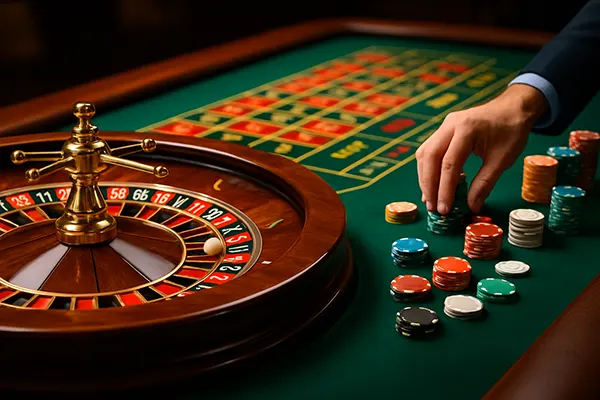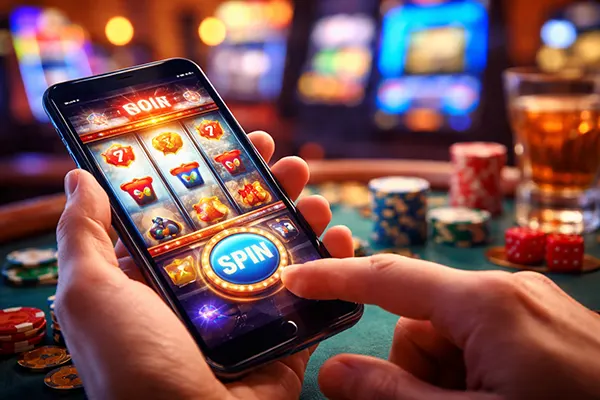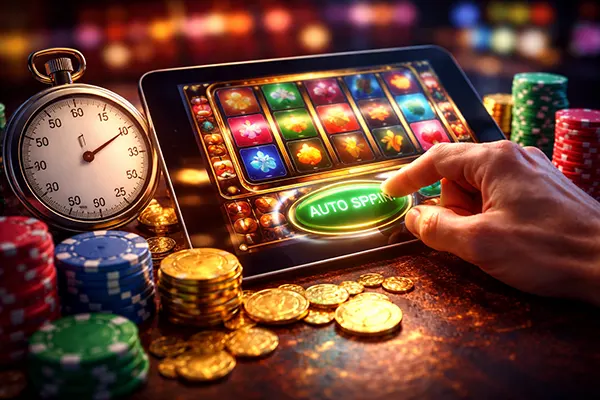
Roulette Strategies: What Works and What Doesn’t
Roulette has long captured the imagination of casino enthusiasts thanks to its balance between luck and mathematics. While the spinning wheel may seem random, every serious player wonders whether strategy can truly shift the odds. In 2025, understanding roulette strategies requires not only knowing the classic systems but also recognising their limits and potential risks.
Understanding How Roulette Works
Roulette is a game of probabilities. The wheel contains either 37 pockets in European roulette or 38 in American roulette, each representing a potential outcome. The main difference lies in the extra zero on the American wheel, which slightly increases the house edge. For this reason, European and French variants are generally preferred by experienced players who value lower risk.
Every spin of the wheel is independent, meaning past results have no influence on future ones. Despite this, players often fall into the gambler’s fallacy — the belief that a number “due to win” will appear soon. Statistically, such patterns are illusions. The random nature of the wheel ensures that even streaks and clusters occur purely by chance.
To approach roulette intelligently, one must treat it as a game of probability rather than prediction. Knowing the underlying mathematics helps players set realistic expectations, manage bankrolls wisely, and enjoy the game without illusions of guaranteed success.
The Role of the House Edge
The house edge is the mathematical advantage that ensures casinos remain profitable in the long term. In European roulette, this advantage is 2.7%, while in American roulette, it rises to 5.26%. This means that for every £100 wagered, the average loss over time will be around £2.70 or £5.26 respectively. Although it seems small, this margin makes a significant difference over hundreds of spins.
Understanding this factor allows players to evaluate strategies more realistically. No system can overcome the house edge permanently, but some can reduce volatility and extend playing time. The best approach is to play where the odds are more favourable — European or French roulette, preferably with the “La Partage” rule that halves the loss on even-money bets if zero appears.
Knowledge of the house edge transforms roulette from a guessing game into a disciplined form of entertainment. It encourages rational thinking and helps avoid impulsive betting patterns that often lead to heavy losses.
Popular Roulette Strategies Explained
Over the centuries, numerous strategies have emerged claiming to bring order to roulette’s randomness. The most popular include the Martingale, Fibonacci, and D’Alembert systems. Each offers a structured betting approach, but their effectiveness depends on bankroll size, table limits, and psychological discipline.
The Martingale system is perhaps the most famous. It requires doubling your bet after each loss, with the idea that one win will recover all previous losses plus a small profit. In practice, this method quickly meets table limits or drains funds after an unlucky streak. While tempting in theory, it carries substantial financial risk.
The Fibonacci system, based on the famous numerical sequence, is more conservative. Bets increase gradually following the sequence 1, 1, 2, 3, 5, 8, and so on. This strategy can mitigate losses compared to the Martingale but still relies on eventual wins, which may not come soon enough in real gameplay.
Why No Strategy Guarantees Profit
Despite decades of analysis, no betting system can change roulette’s fundamental odds. The wheel’s outcomes remain random, and even the best systems cannot predict the ball’s landing spot. Strategies may influence the rhythm of play and manage risk, but they cannot eliminate mathematical disadvantage.
Some players adopt hybrid approaches — for example, combining fixed bets with occasional progressive increases. While this might extend playing time and make sessions more engaging, it still cannot overcome the house edge. The best use of strategy lies in improving self-control rather than chasing impossible certainty.
Ultimately, the most successful roulette players in 2025 are those who treat the game as entertainment with a mathematical foundation. They rely on knowledge, not myths, and focus on responsible bankroll management rather than illusions of guaranteed success.

Modern Insights and Technological Impact
In 2025, technological advancements have changed how players engage with roulette. Live dealer sessions and advanced RNG verification provide unprecedented transparency, ensuring fair outcomes verified by independent auditors. Modern tools also allow detailed statistical tracking, giving players a deeper understanding of long-term patterns.
Mobile and live roulette variants have improved accessibility, but they also require stronger self-regulation. Easy access can lead to longer sessions and potential overspending if limits are not enforced. Reputable online casinos now implement automated tools that allow players to set deposit caps, betting limits, and cooling-off periods.
For analytical players, the use of data-driven insights is becoming increasingly popular. While this does not influence randomness, it helps identify personal betting habits, emotional triggers, and spending behaviour. Knowledge is the most powerful tool available to today’s roulette enthusiast.
Responsible Play and Realistic Expectations
Responsible gambling remains the cornerstone of sustainable roulette play. Modern systems prioritise player protection through transparency, secure payment methods, and certified randomisation. Responsible play means viewing roulette as entertainment rather than income.
Setting realistic goals and financial boundaries ensures that the experience remains enjoyable. Many successful players recommend predetermined session limits and breaks between games. This discipline prevents emotional betting and keeps the game within safe boundaries.
In the end, the key to mastering roulette is understanding that knowledge, probability awareness, and emotional control outweigh any strategy. Informed players find satisfaction in the challenge, not in false promises of guaranteed profit.



